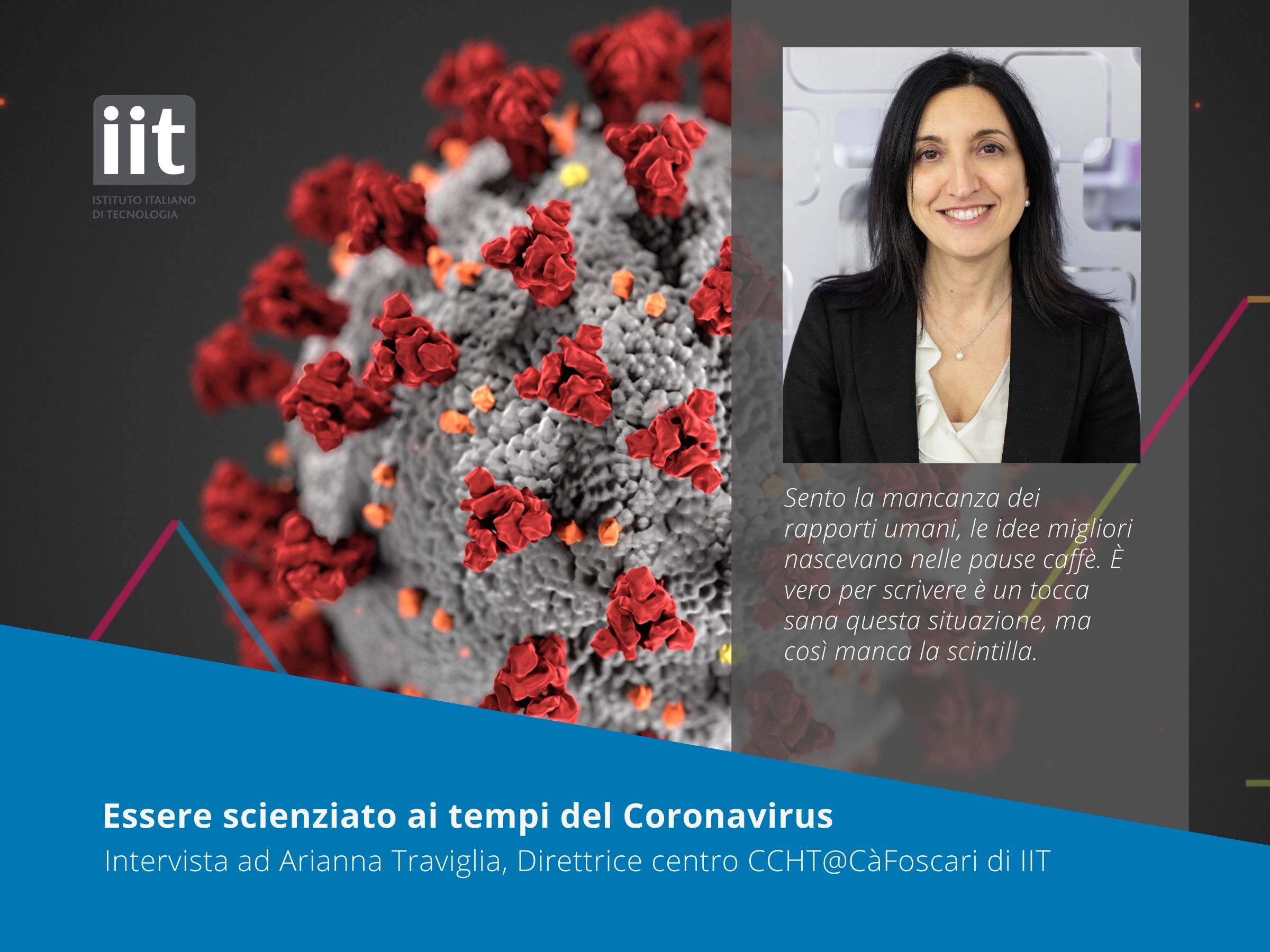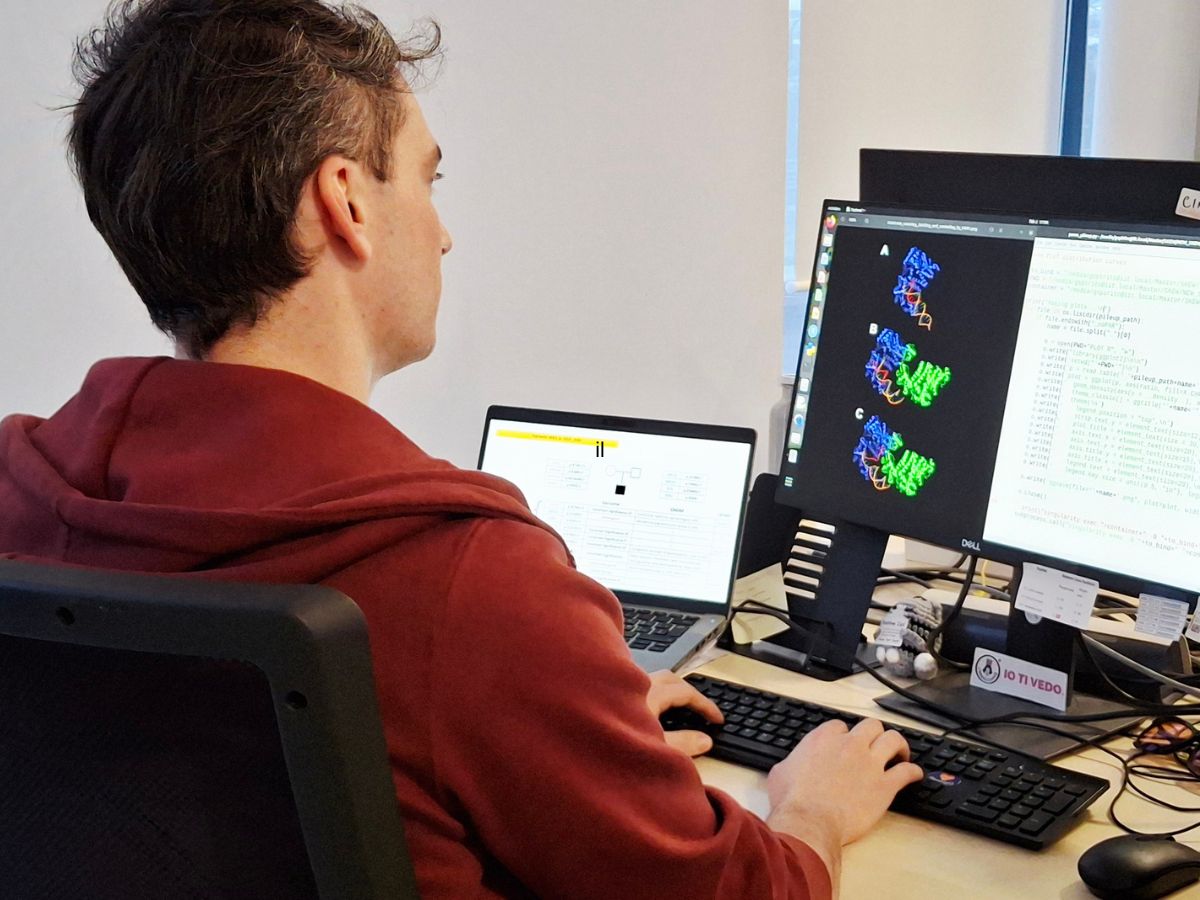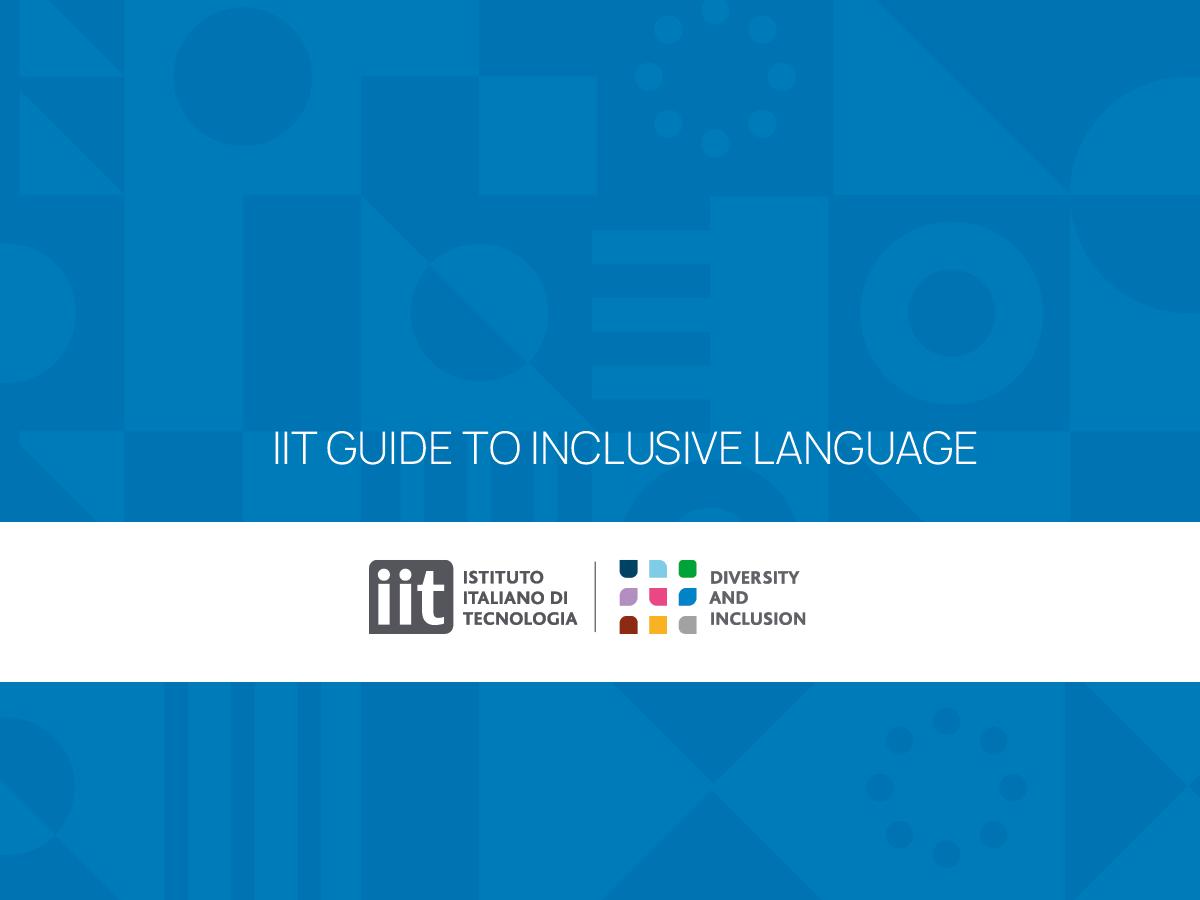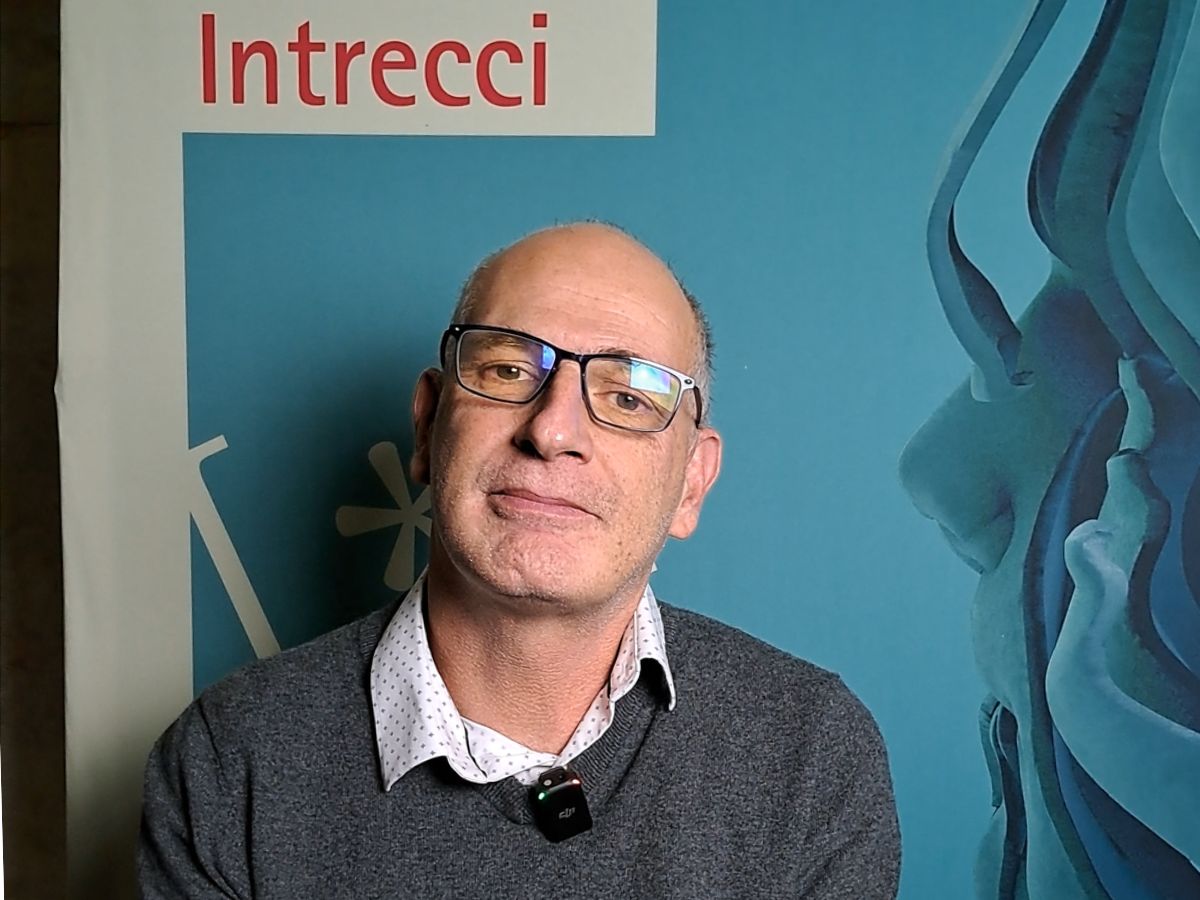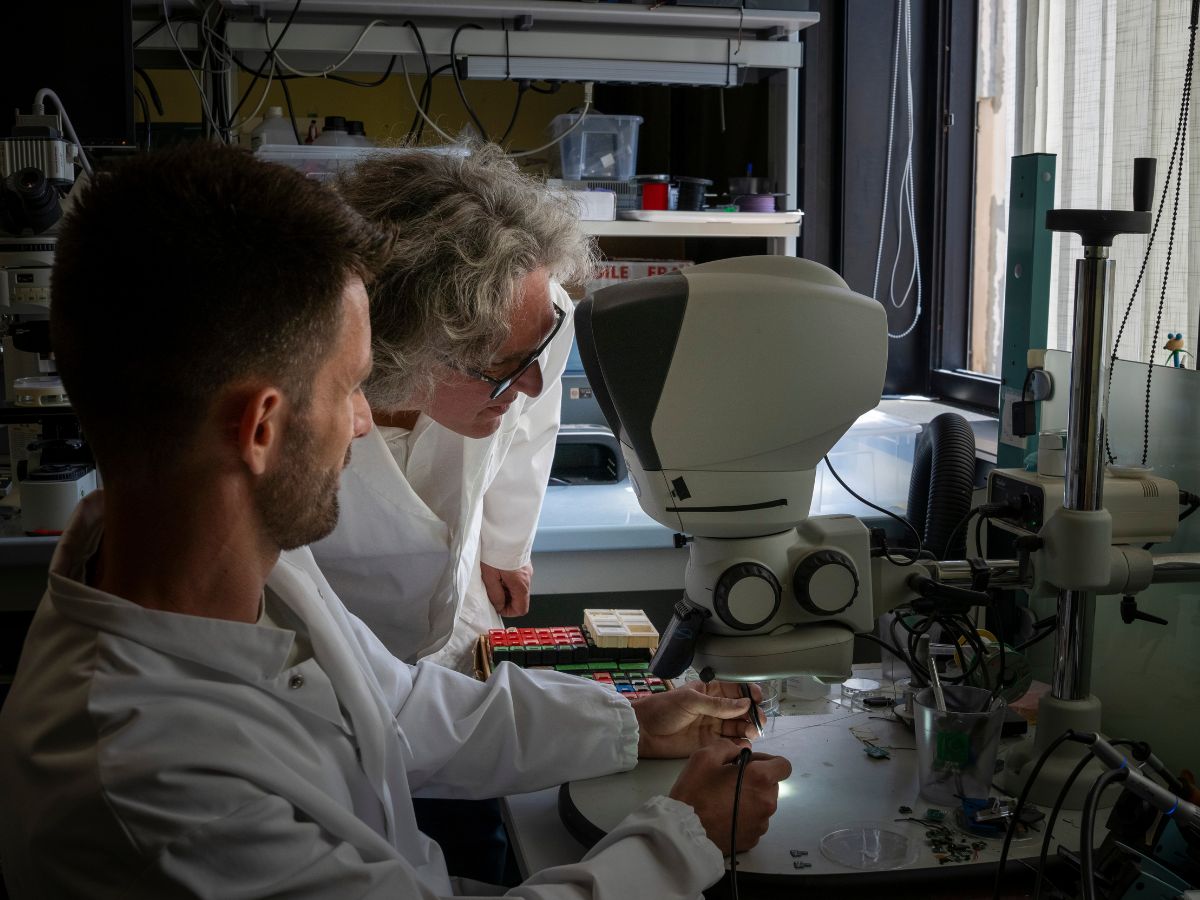Interview with Arianna Traviglia, Director of CCHT – Centre for Cultural Heritage Technology, IIT Centre of Venice
These are frantic days, but also a time of waiting. Days passed working in front of a PC screen in complete solitude or forced to do so in an unrealistic coexistence with all the members of the family. Since 12 March, ministerial regulations were to stop all working activities that are non-essential or not strictly connected to the Coronavirus crisis. But how does this translate for those who work in research? We contacted Ariane Traviglia, Director of CCHT – Centre for Cultural Heritage Technology, IIT Centre of Venice, who is responding from her home-office, as is the case for so many people during this period.
Ms Traviglia, Venice was one of the cities forming part of the “red zone” even before it was extended to all of Italy. How did you react when you initially learned of what was happening? What were the immediate measures taken in respect of the Centre’s researchers?
I have to say that I shared those days of the crisis with Guglielmo Lanzani, Director of CNST in Milan, who was in my same situation, and with the IIT management. The CCHT is a few kilometres away from the municipalities adjacent to Vò Euganeo, a small town now known throughout Italy, and as research centre coordinator, I felt I had a responsibility towards the researchers. The regional alert was high and, in agreement with head office and in full compliance with the rules in force, I asked researchers to take their PCs home and to be as productive as they can. We started voluntary isolation approximately two weeks before the rest of Italy. I was concerned for the health of my researchers because most of them travel to work on public transport. We then proceeded to sanitise the premises.
You were fresh from the rising waters of the month of November, so you had already experienced the obligation of not leaving your house. Do you believe that you arrived at this new crisis as more organised or more tested?
A good mix of both sensations; however, it is the city of Venice and its inhabitants who are definitely paying the consequences: shopkeepers, restaurateurs and hoteliers.
Has CCHT developed technologies for cultural heritage? What are researchers doing these days?
Due to the nature of the research we undertake at CCHT, we don’t need to be in a laboratory to progress in our work. For example, we aren’t working with cell cultures and, for this reason, we can keep everyone at home. I’m trying to maintain, even in these conditions, some of the routines we had at the Centre, such as the weekly meeting which we now hold on Teams. I think it’s important for CCHT researchers, but also for all people in these times, to feel part of a common effort to move forward despite everything. Also because many of the CCHT researchers are off-site. Homa Davoudi comes from Iran, Marina Ljubenovic is Serbian and had just moved from Portugal. They’re faced with tackling this crisis away from their families
Which are the major difficulties you are facing?
Working remotely and managing people who are working remotely takes longer for the simplest things. Everything that can be resolved in person by entering the laboratories now becomes an appointment on Teams and you end up working more and at different times, because outside of scheduled meetings, personal time management during quarantine is different for all of us.
In this period, are you trying to analyse the consequences of the Covid-19 crisis in the different areas of work? In your opinion, will the research sector suffer?
I feel I need to make a distinction here. There are research areas like my own or, for example, research that is computational and does not strictly require being physically present in the laboratory. We in the machine learning area can launch experiments from a home PC to the computer at the Centre. There are research areas that do not see results if not in the laboratory. As regards the area of cultural heritage, I envisage from this point on that there will be changes in the organisation and management of conferences. After the last one I went to in Lyon, the conferences which I had to attend were all moved online and will probably remain like this because this leads to a net saving. But I’m not happy about it.
How is the international scientific community reacting? For example, in the case of submissions of papers in this period, are reviewers in other countries considering the situation in Italy and Europe to be difficult?
As far as we’re concerned, there was no change in paper submission phases, all the more so now that the crisis is affecting the whole world. In the initial stages of the alert, we submitted two Horizon projects by doing everything on Skype.
What has changed the most?
I miss the lack of human relationships since the best ideas emerge during coffee breaks. It’s true that this situation is good for writing, but the spark is missing this way.

